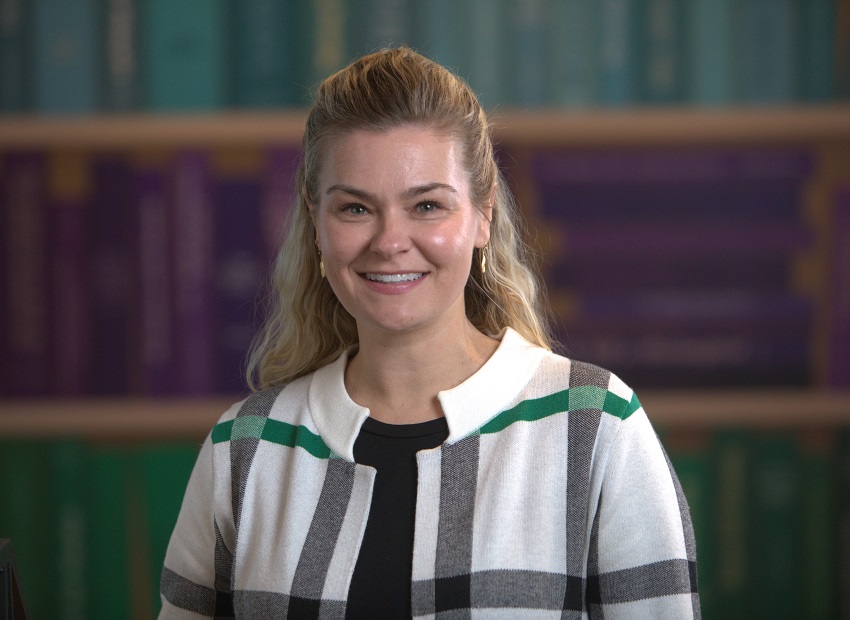Juniors: Are You Cultivating Strong Recommendation Letters?
This year, perhaps more than ever, words matter. Your teacher’s words. About you. I’m talking about letters of recommendation, and the reason I am discussing this with high school juniors earlier than usual, is that this year presents a unique set of challenges (understatement of the century?). But it’s not just about recommendation letters. It’s about human connection—even in our current virtual world—and why college campuses may particularly appreciate this in prospective students. To the juniors out there, know that your current teachers have unique insight on how you conduct yourself and your learning in a challenging time, and colleges will be listening.
Typically, colleges that require letters of recommendation are looking for support from 11th grade core subject teachers. If you have spent all, most, or even some of your 11th grade year in a virtual classroom, you might feel that your connection or interaction with your teachers has fundamentally changed. But I would not suggest asking your 9th grade teachers, and probably not even 10th grade teachers, to fulfill the recommendation requests even if you believe that those teachers know you better through in-person learning. While some colleges may be more flexible this year with their grade-level preferences, the 11th grade year is still likely to be the most relevant option for recommendation letters, as the content is recent and typically reflects a higher-level course or learning.
I’m encouraging students to redefine the obstacles of virtual learning as opportunities. The purpose of teacher recommendations is to highlight who you are as a learner in that classroom, virtual or otherwise. This might be the year to differentiate yourself when it’s otherwise easy to hide. Ask yourself, how are you engaging directly with your teachers and your peers? Does your teacher hear from you (regardless of whether it’s actually speaking, emailing, or direct messaging on a virtual platform)? Do you actively demonstrate a curiosity and genuine interest in the class and material? How do you support your fellow learners—and your teachers—in this virtual environment? Do you check in, or are you checked out?
At this point in the school year, if you think the only thing your teacher would have to highlight about you is a strong grade in the class, well, that’s a report card, not a letter of recommendation. The year isn’t over and neither are the challenges everyone has faced in adjusting to a “new normal.” Regardless of whether the remainder of your school year is virtual, hybrid, or in-person for the first time, these next few months are critical to establishing or maintaining a human connection with your teachers before formally requesting that they write a letter of recommendation on your behalf. While college admissions officers can easily understand why students might not have standardized testing or fewer opportunities for extra-curricular activities, a letter of recommendation reflecting the true character of a learner may be more valuable than ever.






